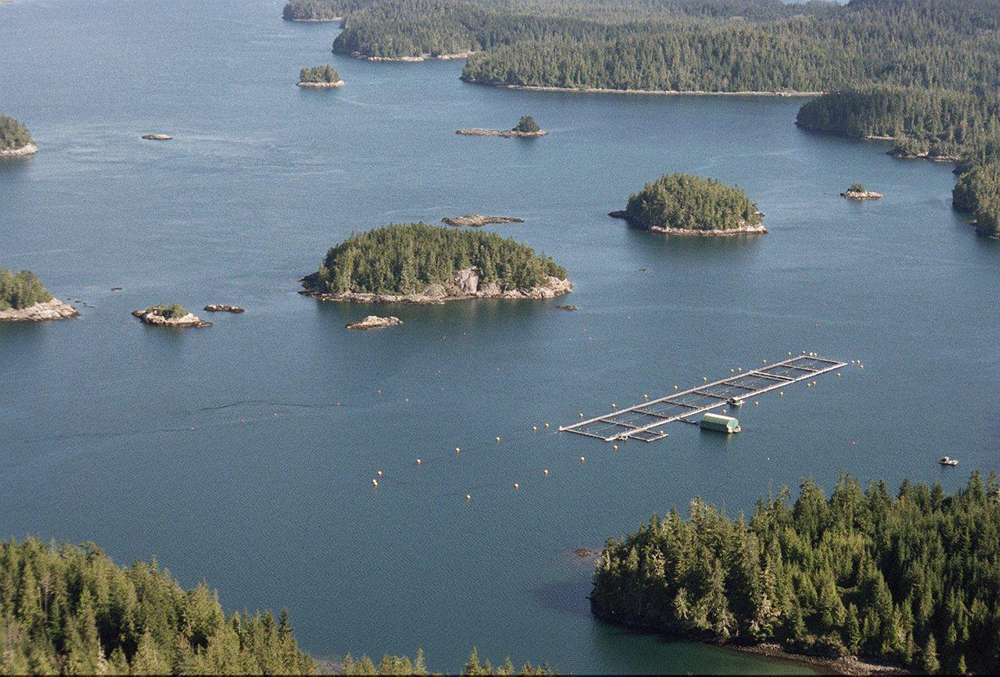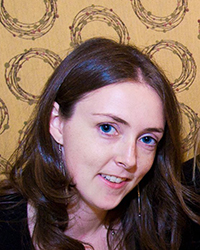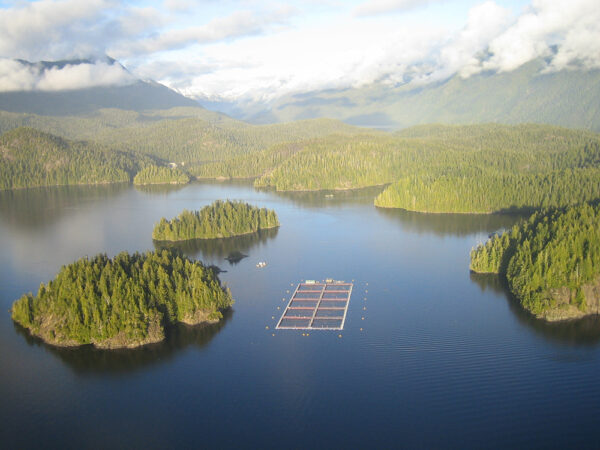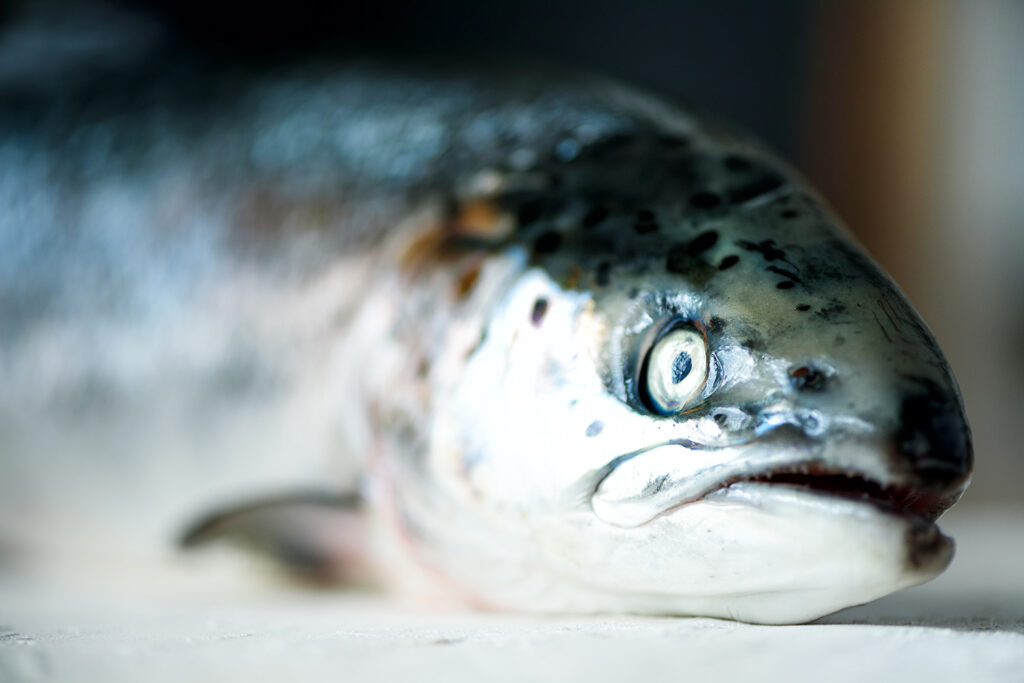Renewals come with ‘stronger requirements’ and new transition-planning process

The Canadian government has announced a two-year renewal of licenses for marine finfish aquaculture facilities outside of the Discovery Islands in British Columbia (BC). The license renewals, which do not apply to BC salmon farms in the Discovery Islands, are reportedly part of “the next steps” to transition from open-net pen salmon aquaculture in BC.
“Wild Pacific salmon are facing historic threats and experiencing significant population declines. It is a Government of Canada priority to protect and restore our oceans and coasts,” wrote the government in a press release on June 22. “Part of that work includes a mandate commitment to transition from open-net pen salmon aquaculture in British Columbia’s coastal waters in a manner that protects wild salmon, the environment and the economy.”
According to Fisheries and Oceans Canada (DFO), the licenses will include “stronger requirements” for aquaculture facilities, including the implementation of standardized reporting requirements and sea lice management plans, as well as wild salmon monitoring. The new standards are meant to “improve the management of the salmon aquaculture industry and help protect wild salmon stocks and their habitat.”
In the upcoming weeks, DFO will share the draft framework for transitioning from open-net pen salmon aquaculture. The transition plan will rely on input from the Government of British Columbia, First Nations, industry, local governments, stakeholders and residents of British Columbia. Consultations will run until early 2023, and feedback received during these consultations will be “instrumental” in developing the final transition plan, expected to be released in spring 2023.
“Working together with First Nations, the province, industry and British Columbians, we will transition the aquaculture industry to one which leads with new technology, while reducing or eliminating interactions with wild Pacific salmon,” said the Honourable Joyce Murray, Minister of Fisheries, Oceans and the Canadian Coast Guard. “We recognize the urgent need for ecologically sustainable aquaculture technology, and we are prepared to work with all partners in a way that is transparent and provides stability in this transition.”
Some First Nations are asserting their right to farm salmon, despite pending government closures
On December 17, 2020, the Canadian federal government announced in a news release that salmon farming in the Discovery Islands would be “phased out” within an 18-month period. However, that plan was paused after the Federal Court recently ordered the Canadian government to set aside its decision. DFO is conducting consultations with First Nations communities and current license holders on the future of salmon aquaculture licenses in the Discovery Islands.
“These consultations will inform a final decision expected in January 2023 after considering input from all affected parties,” wrote the government in a press release. “While this process is underway, DFO will not reissue licenses for Atlantic salmon facilities in this area.”
The Canadian Aquaculture Industry Alliance (CAIA) and the BC Salmon Farmers Association (BCSFA) applauded the announcement, calling it “good for Canadians,” but criticized the length of the license term in a statement released on June 22.
“While we are encouraged that licenses have been renewed, we genuinely needed a six-year license term that reflected our production cycle,” said Timothy Kennedy, president and CEO of the CAIA. “Longer license terms would have provided the confidence to further invest in innovation and technology, leading to continued operational and sustainable improvements, job creation for coastal communities and greater food security.”
Likewise, the Coalition of First Nations for Finfish Stewardship called the announcement “welcome news.”
“Although we asked Ottawa for a longer license renewal term and have been disappointed by the consultation process with concerned Nations by the federal government, we are thankful to the government of Canada for finally recognizing the inherent rights and titles of our Rightsholder Nations who wish to pursue pathways for sustainable seafood production in their territories,” the coalition wrote in a statement.
Follow the Advocate on Twitter @GSA_Advocate
Now that you've reached the end of the article ...
… please consider supporting GSA’s mission to advance responsible seafood practices through education, advocacy and third-party assurances. The Advocate aims to document the evolution of responsible seafood practices and share the expansive knowledge of our vast network of contributors.
By becoming a Global Seafood Alliance member, you’re ensuring that all of the pre-competitive work we do through member benefits, resources and events can continue. Individual membership costs just $50 a year.
Not a GSA member? Join us.
Author
-

Lisa Jackson
Associate Editor Lisa Jackson lives in Hamilton, Ontario, Canada. Her work has been featured in Al Jazeera News, The Globe & Mail, The Independent, and The Toronto Star.
Tagged With
Related Posts

Intelligence
Federal Court rejects Canadian government’s plan to phase out BC salmon farms
The Federal Court has rejected the Canadian federal government's plan to phase out BC salmon farms in the Discovery Islands.

Intelligence
Canadians largely support ocean-based salmon farming, yet farms are being shut down
Amid a dizzying landscape of passions and politics, a recent survey showed the confusing messages Canadians are getting about salmon farming.

Responsibility
British Columbia salmon farmers wary of Liberal government’s aquaculture plans
The Canadian Liberal Government’s announcement of Aquaculture Act left the industry feeling anxious while some stakeholders say they were completely left out of the process.

Intelligence
Canadian salmon farmers: ‘Leave us out of your shutdown’
The potential of a salmon-farming ban in Washington state is being monitored closely next door, in British Columbia, where many more salmon farms operate. But they’re not worried about a spillover effect.


